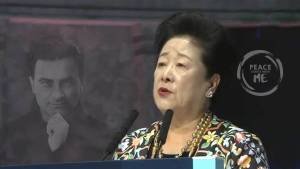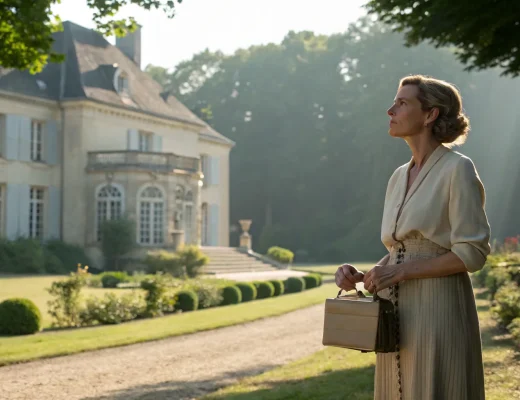
Recent legal actions involving religious organizations in South Korea raise essential questions about due process and religious freedom, highlighting the need for transparency and fairness in democratic societies.
On July 18, 2025, South Korean prosecutors raided multiple Family Federation facilities. They entered the private residence of Dr. Hak Ja Han, known lovingly worldwide as Holy Mother Han, the Mother of Peace, and the most prominent female spiritual leader on the planet. Over 1,000 agents surrounded the property. Without warning, they entered sacred spaces revered by believers worldwide. While there was ultimately no indictment or even charges levied against her, the unwelcome intrusion into the sanctuary caused much controversy.







